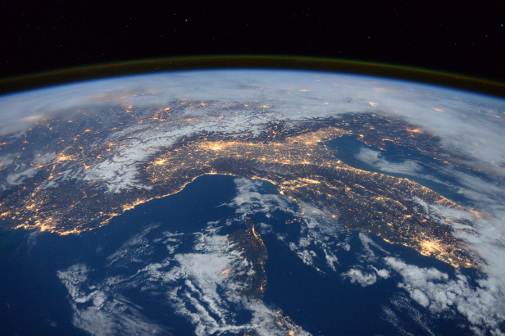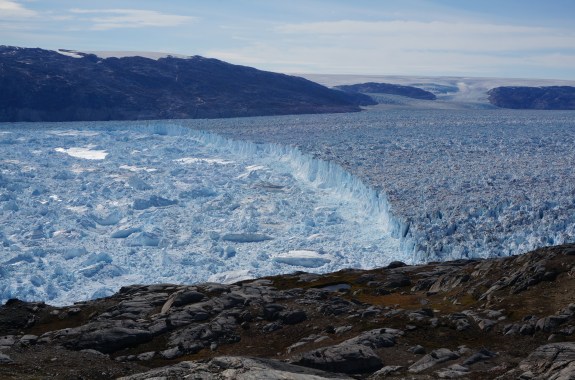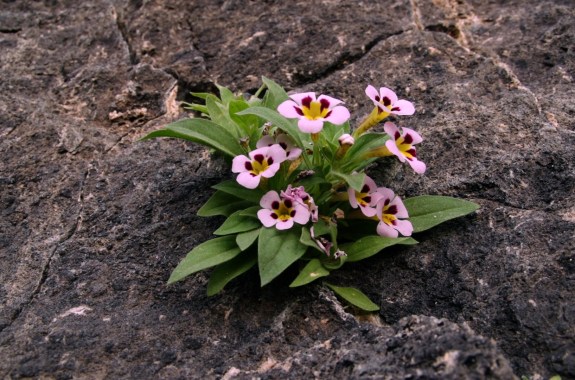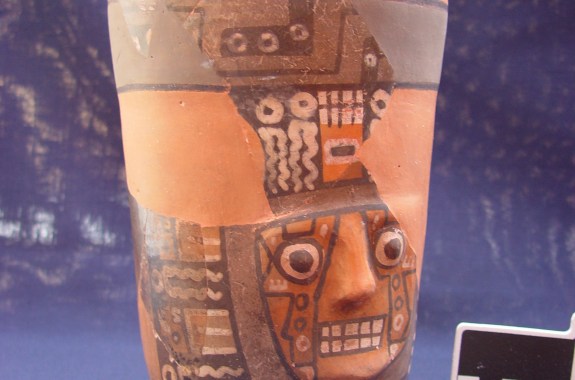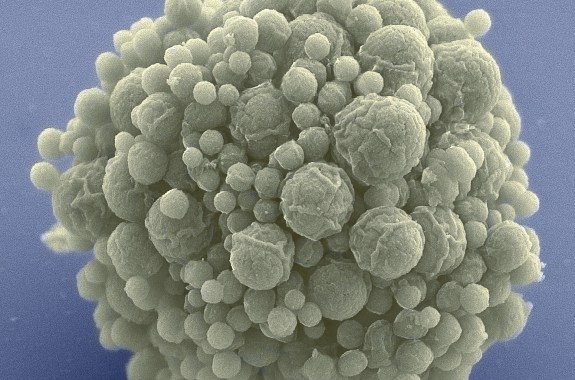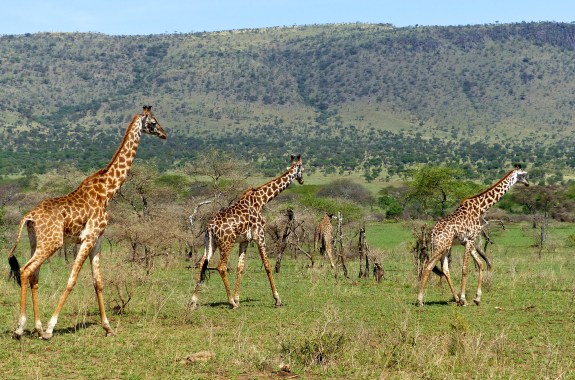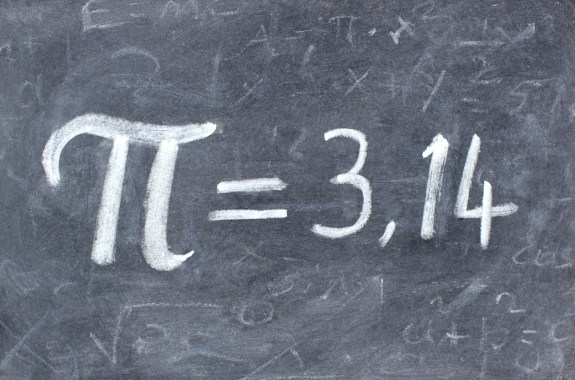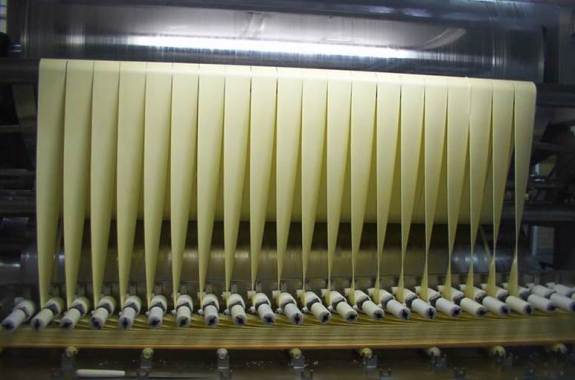Christopher Intagliata was Science Friday’s senior producer, which means he was chief cheerleader for all the radio and podcast projects. He helped to select and shape stories, or put them to a gentle death if necessary. He was also the coordinating producer for Science Friday’s live stage events around the nation, and has skated Olympic ice and served as a prop in an optical illusion for SciFri.
Christopher started at Science Friday as an intern in summer 2008, until the day Ira Flatow called him at home, triggering enormous anxiety about the latest script he’d written, to ask if he wanted to be a producer. His favorite stories usually involve microbes or food or both, but anything can pique his interest—other than ocean chemistry. Sorry.
He also reports regularly for Scientific American‘s “60-Second Science” podcast, and was a 2015 Woods Hole Ocean Science Journalism fellow. Prior to becoming a science journalist, he taught English to soldiers and bankers in Verona, Italy, and traversed the Sierra Nevada mountains as a field biologist, on the lookout for mountain yellow-legged frogs. He speaks fluent Italian, awkward Japanese, and passable Ira Flatowese.
He is now an editor for All Things Considered.
16:53
Satellite Snapshots Help Pinpoint and Protect The Past
Undiscovered tombs and pyramids can be found right on your iPad—if you know what to look for.
12:09
Antarctica May Accelerate Global Sea Level Rise
A new study suggests a melting Antarctica could pump up global sea levels much more than previously predicted.
16:33
Springtime Brings Unexpected Blooms
Noah Fierer, a microbial ecologist, says he swoons for the scent of springtime’s bacterial bloom.
11:56
Concocting Modern-Day Chicha De Molle
Two anthropologists are studying an ancient brewery that may have pumped out 500-gallon batches of pepperberry-flavored corn beer.
17:29
Minimalist Biology: Craig Venter’s Latest Life Form
Biologist Craig Venter and his team have once again booted up a cell using DNA they synthesized themselves.
11:58
Tricking Tumor Cells to Accept a Lethal Payload
A new method convinces cancer cells to gobble up a ball of poison and ferry it directly to the cell nucleus.
16:59
The Laws of Nature, From the Sea to the Savannah
In his latest book, The Serengeti Rules, biologist Sean B. Carroll tells of some of the greatest experiments in ecology.
2:20
How Many Digits Of Pi Do We Really Need?
Mathematician James Grime of the YouTube channel Numberphile has determined that 39 digits of pi should suffice.
17:23
The Homogenous History of Processed Cheese
A dairy scientist unwraps the history of processed cheese, and the simple chemistry that DIY chefs can use to make it at home.
13:43
The Ultimate Parallel Processor: Quantum Bits
The world’s most time-consuming calculations could someday be solved by quantum computers.
